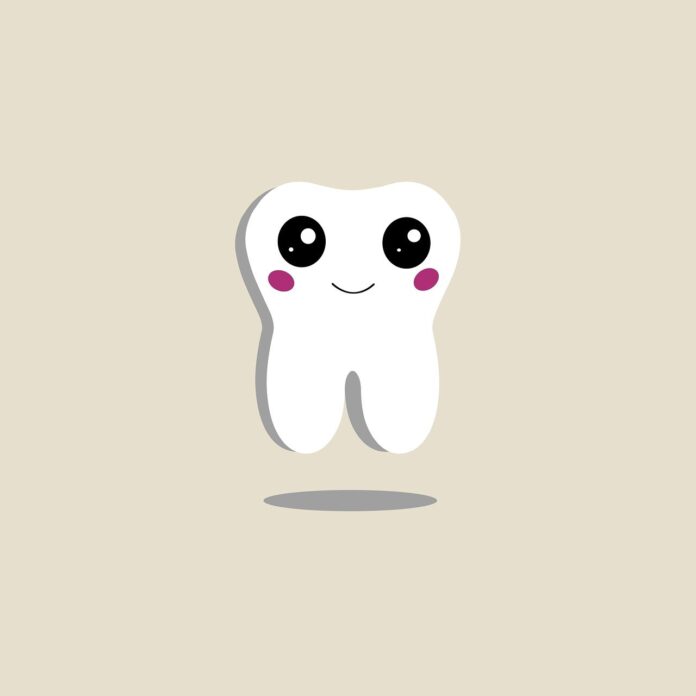The prevalence of mental health disorders including anxiety and depression during the ongoing health crisis had been predicted by health experts at its very beginning. Now, studies have also shown that there has been the highest increase in mental diseases in the past few months than ever before.
As a result, more and more people are getting affected and experiencing episodes of depression in many different ways. It has been noted that one particular problem is especially common among all age groups which is facial pain.
According to research on mental health diseases, the symptoms and associated complications can vary from one person to another.
Some of the most prevalent signs of both anxiety and depression are feelings of loneliness and despair, inability to focus on work, high-stress levels, and even suicide ideation. However, these are not the only symptoms that a person may have.
In fact, one of the lesser-known signs of these issues is teeth grinding or jaw clenching. Many people tend to grind their teeth when they are feeling anxious or are stressed. The problem can worsen over time and become more severe.
Over time, people who constantly grind their teeth can end up developing jaw or facial pain. In the past few weeks, the issue is becoming more prevalent among the global population due to high-stress levels.
A new study, which was conducted by researchers at the Tel Aviv University in Israel, also reports similar findings in the Journal of Clinical Medicine.
The new research looked used questionnaires to find out more about people experiencing worsening symptoms during the past months of the coronavirus pandemic in Israel and Poland.
It was then found that instances of teeth grinding or bruxism and temporomandibular disorders (TMD) increased in both countries since the implementation of the first coronavirus lockdown.
Overall, the issue of orofacial pain increased to forty-seven percent. Before the start of the pandemic, only thirty-five percent of the people experienced the problem. Additionally, jaw clenching also increased from seventeen percent to thirty-two percent.
Severe teeth grinding during later hours of the day had the highest increase from ten percent to thirty-five percent. Secondly, ten percent of the people who experienced the issues prior to the crisis had worsened symptoms.
RELATED: Delay Exercise for 14 Days After Coronavirus Treatment
Teeth grinding may seem like a harmless issue at first but experts state that it can seriously damage dental health over time. Therefore, treating it before it becomes severe is important.
As many people are not aware while grinding teeth especially at night, there are signs that appear in the morning that can help identify the problem. For instance, severe jaw, face, and neck pain after waking up are common symptoms.
Additionally, severe teeth grinding may a jaw clenching frequently can also be a sign of bruxism. With time, both these problems can become chronic.
There are a variety of treatment options available for teeth grinding including dental treatments to help prevent it, over-the-counter medicines for the treatment of pain, and CBT or cognitive behavioral therapy.
In cases of chronic pain, visit a doctor as soon as possible as it can also be a sign of an underlying medical issue or side effect of another medicine.




